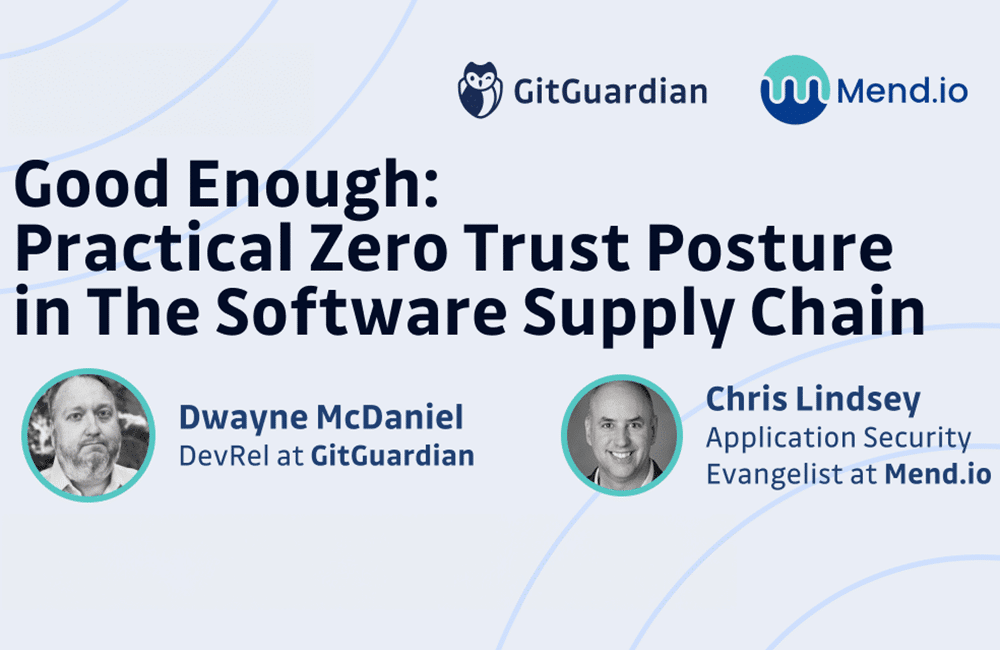
Achieve optimal security posture: Understand threats, implement Zero Trust, balance time & effort, and prioritize the most likely threats.
Read More
See how SBOMs can help organizations stay productive and safe in a dynamic software environment.
Read More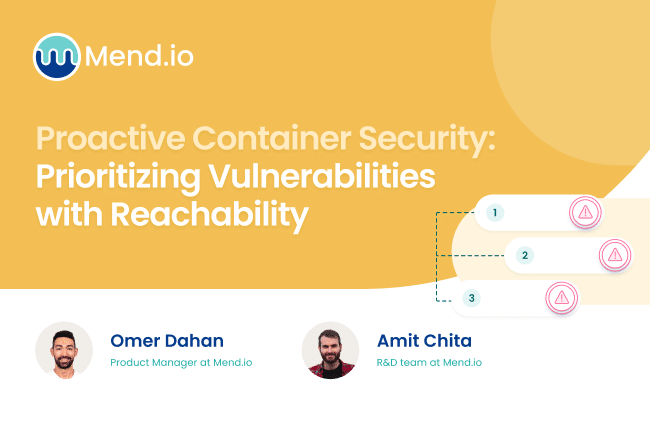
Join us to learn innovative techniques for analyzing and improving the security posture of container images using reachability analysis.
Read More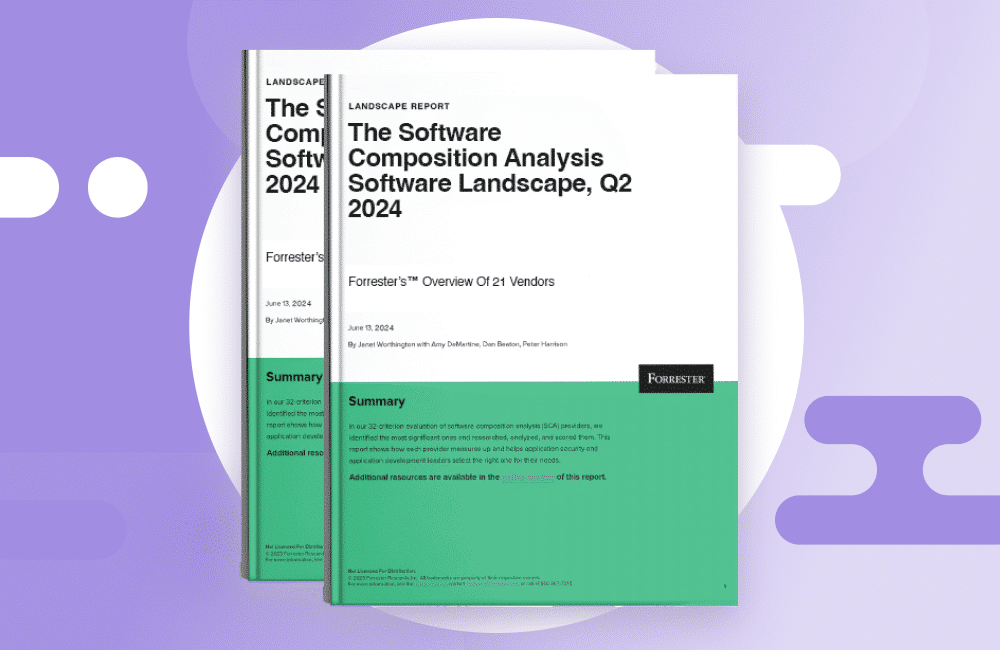
Discover the latest Forrester research on the Software Composition Analysis Software Landscape, Q2 2024.
Read More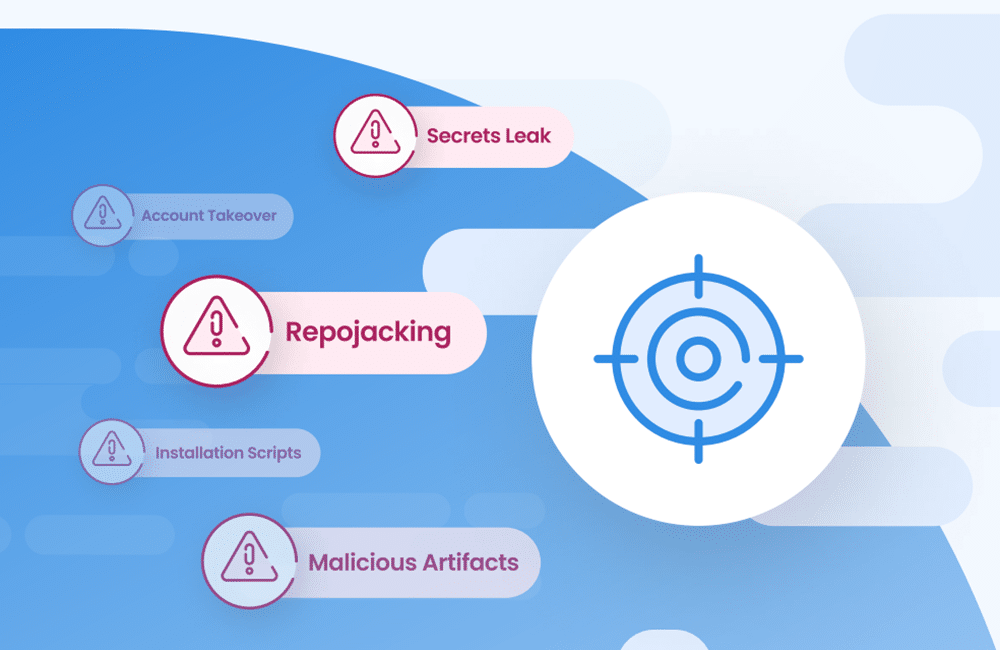
Threat hunting strategies for the software supply chain. Our report provides step-by-step instructions and real-world attack simulations.
Read More
Join Rhys Arkins and Jeffrey Martin in a crucial webinar on tackling supply chain threats. Learn threat hunting strategies, & case studies.
Read More
Learn essential best practices for establishing robust application security programs from our recently released survey with TechTarget.
Read More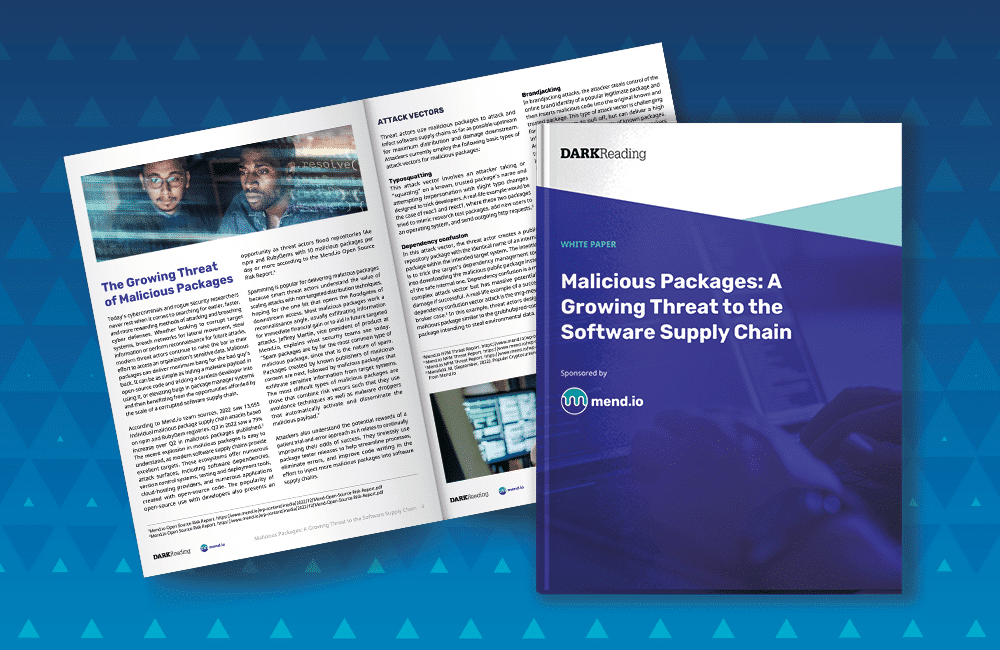
Protect your software supply chain from malicious packages. Learn how to secure your applications and stay ahead of emerging threats.
Read MoreMend’s new Open Source Risk Report delves into the significant risk posed by the ongoing rise in open source vulnerabilities and software supply chain attacks.
Read More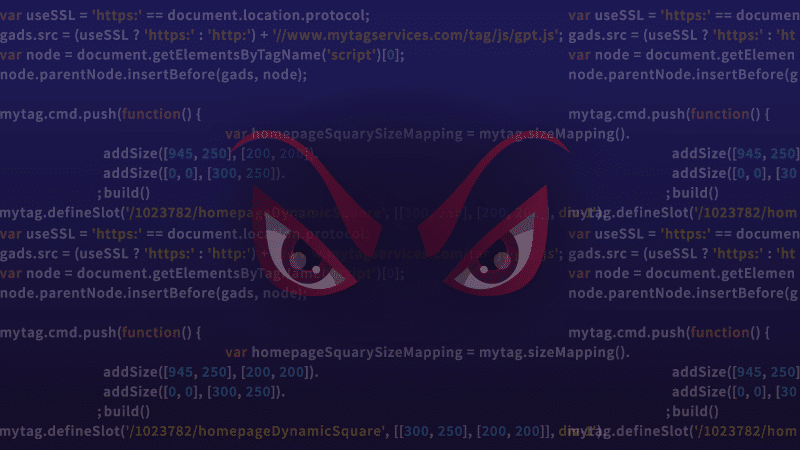
Learn how bad actors are targeting npms and how to protect your supply chain in this webinar by Mend.io Resources.
Read MoreLearn about the importance of Software Bill of Materials (SBOMs) in protecting the software supply chain.
Read MoreSubscribe to our Newsletter
Join our subscriber list to get the latest news and updates
Thanks for signing up!

